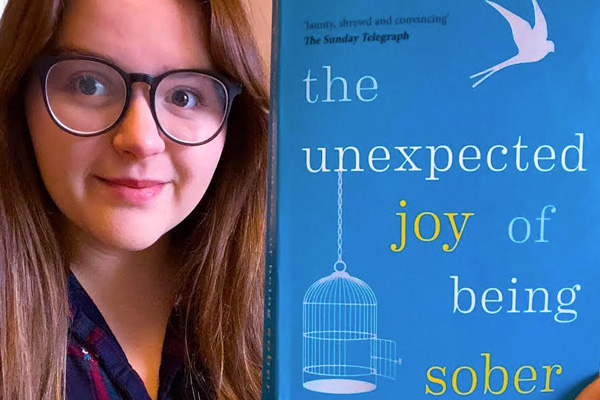GETTING BACK TO READING! –
Jan. 19, 2023 – These confessionals about alcohol dependence share a common theme: explaining in vivid detail the author’s battle with the bottle, and the ways in which society has duped us into thinking that alcohol is a cool way to deal with life’s ups and downs, rather than a toxic substance with addictive properties, which increases anxiety and depressive symptoms over time.
The Quit Lit warnings are important. A hard-hitting article in the Lancetstated: “Our results show that the safest level of drinking is none.” Alcohol may not be beneficial for anyone, but it’s especially toxic for women. Women have less body water than men or similar weight, and so reach higher blood alcohol levels after drinking similar amounts. Koob says that over time, “it takes less alcohol for women to suffer from alcohol induced liver inflammation, cardiovascular disease, memory blackouts, hangovers, and certain cancers, than men.” And when it comes to breast cancer, there is no safe amount of consumption. “Epidemiologic studies have consistently found an increased risk of breast cancer with increasing alcohol intake,” according to the National Cancer Institute’s website.
Studies indicate that women tend to drink to reduce anxiety, depression and other mood states, while men tend to drink to increase positive feelings, said Sherry McKee, a professor of psychiatry at Yale School of Medicine, who has been studying gender differences in addiction for 25 years. “The pandemic clearly showed us the relationship between stress and drinking,” she said. “Women were experiencing greater distress, and that corresponded to increased drinking.”



